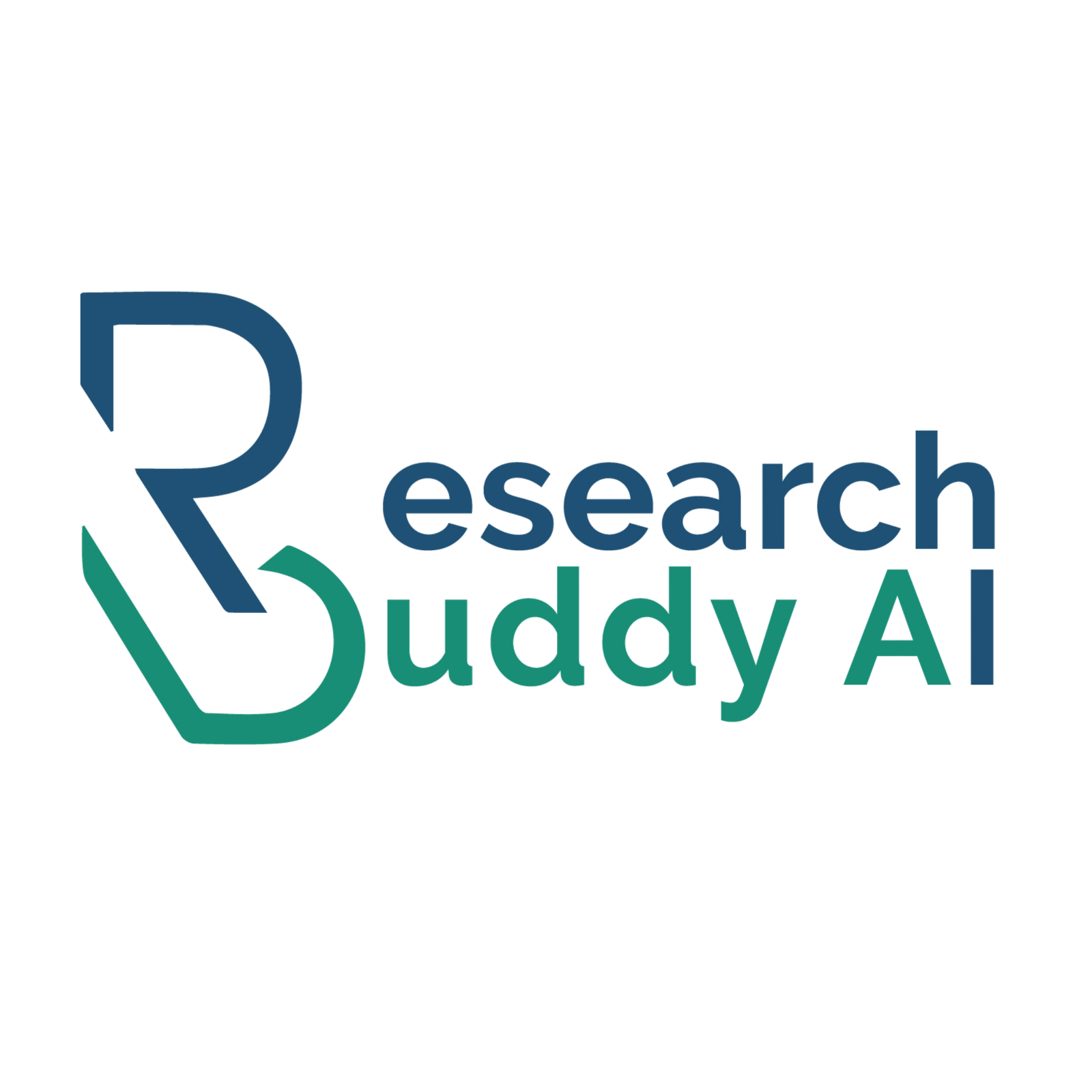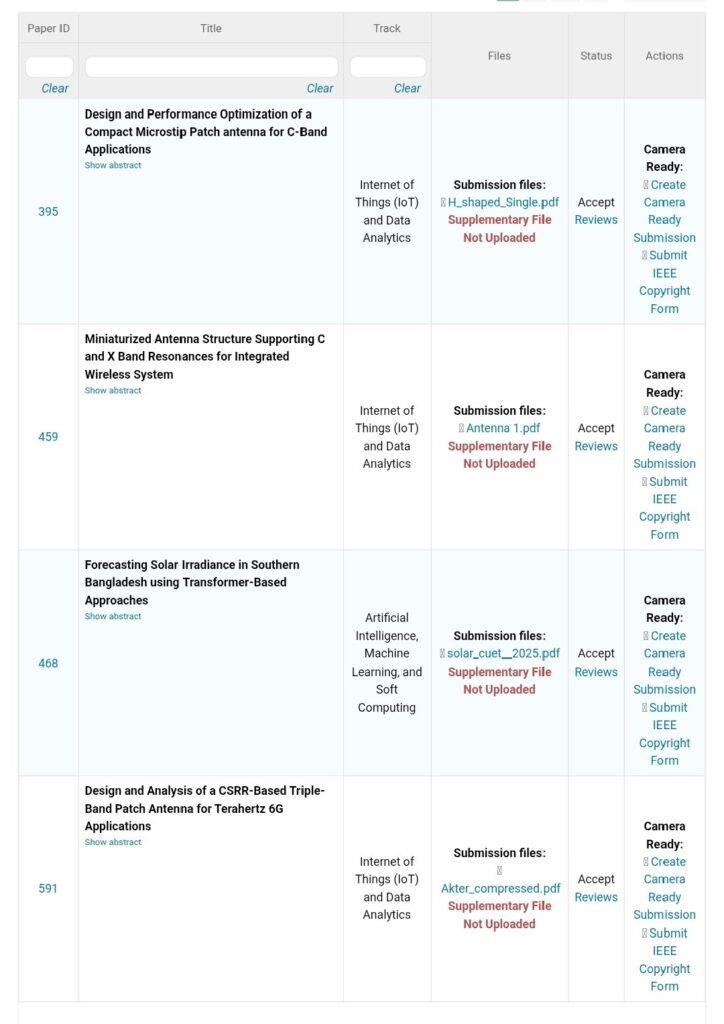How AI is Changing the Way We Do Research
Artificial Intelligence (AI) is revolutionizing the research landscape across multiple disciplines. From accelerating data analysis to enhancing collaboration, AI-powered tools are transforming the way researchers conduct studies, publish findings, and generate new knowledge. This article explores the key ways AI is reshaping research and what the future holds.
1. Automating Literature Reviews and Data Analysis
Traditionally, conducting a literature review required weeks or even months of reading and analyzing published papers. AI-driven tools like Semantic Scholar, Elicit, and ResearchRabbit can now scan thousands of academic papers in minutes, summarizing key findings and identifying relevant sources efficiently. Similarly, machine learning models help analyze vast datasets, detect patterns, and derive insights faster than ever before.
2. Enhancing Experimentation and Simulations
AI is playing a crucial role in scientific experimentation by optimizing processes and predicting outcomes. In fields like chemistry, AI-powered simulations help researchers design new molecules without physical trials. Similarly, in healthcare, AI can model disease progression and suggest treatment options, saving both time and resources.
3. Improving Academic Writing and Research Communication
AI-powered writing assistants such as Grammarly, QuillBot, and ChatGPT assist researchers in refining their manuscripts, ensuring clarity, coherence, and proper citations. Additionally, AI-generated summaries can help make complex research more accessible to a broader audience, bridging the gap between academia and the general public.
4. AI-Powered Peer Review and Publication
Academic publishing is a time-consuming process that often involves long peer-review cycles. AI is streamlining this by helping journals automate plagiarism checks, detect errors, and even provide preliminary reviews. AI-assisted review platforms like SciScore analyze manuscripts for methodological rigor and research integrity before submission.
5. AI in Research Collaboration and Networking
AI-driven platforms like ResearchGate, Academia.edu, and Unique Schooling facilitate researcher networking by recommending relevant connections, potential collaborators, and funding opportunities. AI chatbots and virtual assistants further help manage research projects, schedule meetings, and coordinate interdisciplinary efforts seamlessly.
6. Ethical Considerations and Challenges
While AI is a powerful tool, its integration into research raises ethical concerns. Issues like data bias, misinformation, and the potential for AI-generated fake research papers highlight the need for responsible AI use. Researchers must ensure transparency, accountability, and fairness in AI-driven research methodologies.
The Future of AI in Research
AI is set to play an even more significant role in research, enabling breakthroughs that were previously unimaginable. As AI models become more sophisticated, they will aid in hypothesis generation, experiment design, and knowledge discovery. However, human expertise will always be essential to guide AI’s application and ensure ethical research practices.
Conclusion
Artificial Intelligence is transforming research at an unprecedented pace, making scientific discovery more efficient, collaborative, and impactful. By embracing AI-powered tools responsibly, researchers can enhance their productivity, contribute to meaningful innovations, and shape the future of knowledge creation.
Are you leveraging AI for your research? Join ResearchBuddy to connect with like-minded researchers, explore AI-driven tools, and take your research to the next level!




Responses